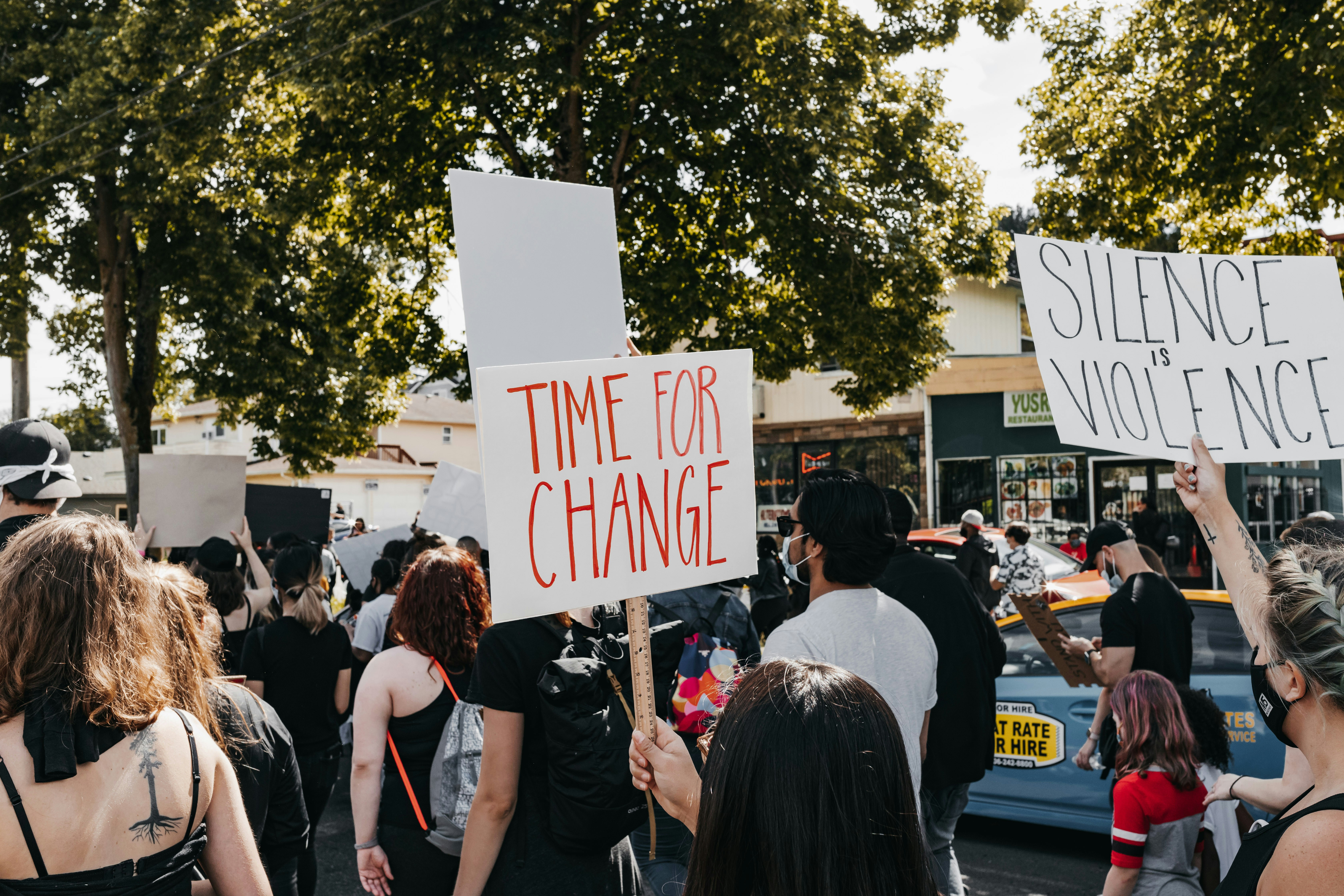Reimagining Public Spaces: A Sociological Perspective on Urban Gardening
Public spaces have always been the lungs of our cities, but there's a blooming trend that's giving them a fresh breath of life: urban gardening. This green movement is reshaping our concrete jungles, but it's not just about aesthetics—it's a reflection of our evolving society. Read below to learn more about the fascinating world of urban gardening.

A Historical Overview: From Survival to Sustainability
Urban gardening isn’t a new concept. During both World Wars, citizens were encouraged to plant “victory gardens” to aid food supply. Today, the purpose of urban gardening has shifted from survival to sustainability. Amid climate change and increasing urbanization, many see it as a way to reconnect with nature, promote eco-consciousness, and foster community bonds.
The Social Fabric of Urban Gardening
Urban gardens are more than patches of green in a sea of grey—they’re dynamic social spaces. They foster interaction among diverse groups, bridging age, race, and class divides. Moreover, they’re a platform for community-led initiatives, empowering locals to shape their environment and address issues like food security and mental health.
Greening the Concrete Jungle: The Cultural Shift
The rise of urban gardening underscores a broader cultural shift towards environmental stewardliness. It’s a response to the detachment from nature that urban dwellers often experience, offering a tangible way to contribute to environmental sustainability. Plus, it’s reshaping our aesthetic sensibilities, with “green” and “sustainable” becoming synonyms for “beautiful.”
The Societal Impact: Beyond the Garden Gates
Urban gardening is subtly reshaping our societal norms and values. It’s promoting a culture of active citizenship, as locals take ownership of public spaces. It’s redefining our understanding of productivity, as people find fulfillment in nurturing plants. And it’s challenging our consumption habits, as urban gardeners reap the benefits of home-grown produce.
The Future of Urban Gardening: A Social Forecast
As cities continue to grow, so will the significance of urban gardening. It may prompt more inclusive urban planning, with public spaces designed to encourage community gardening. It could also influence our education system, with schools integrating gardening into their curriculum to foster environmental awareness from a young age.
In conclusion, the urban gardening movement is a vibrant testament to our society’s adaptability and resilience. It’s a reminder that even in the heart of our bustling cities, we can carve out spaces for nature, community, and sustainability. As we continue to navigate the challenges of the 21st century, this green trend offers a seed of hope for a more sustainable and socially cohesive future.




